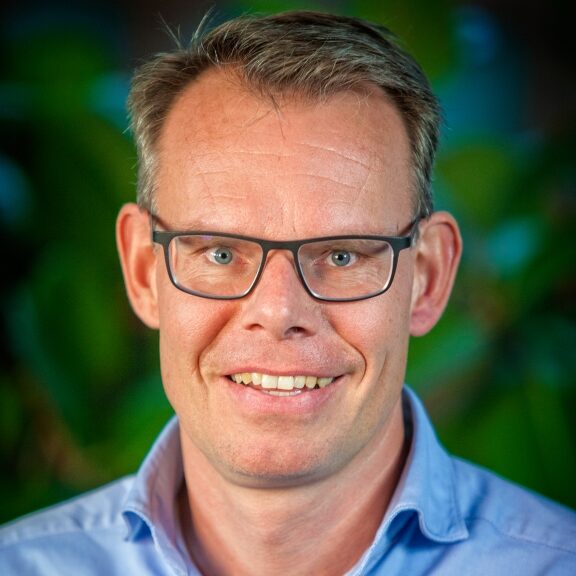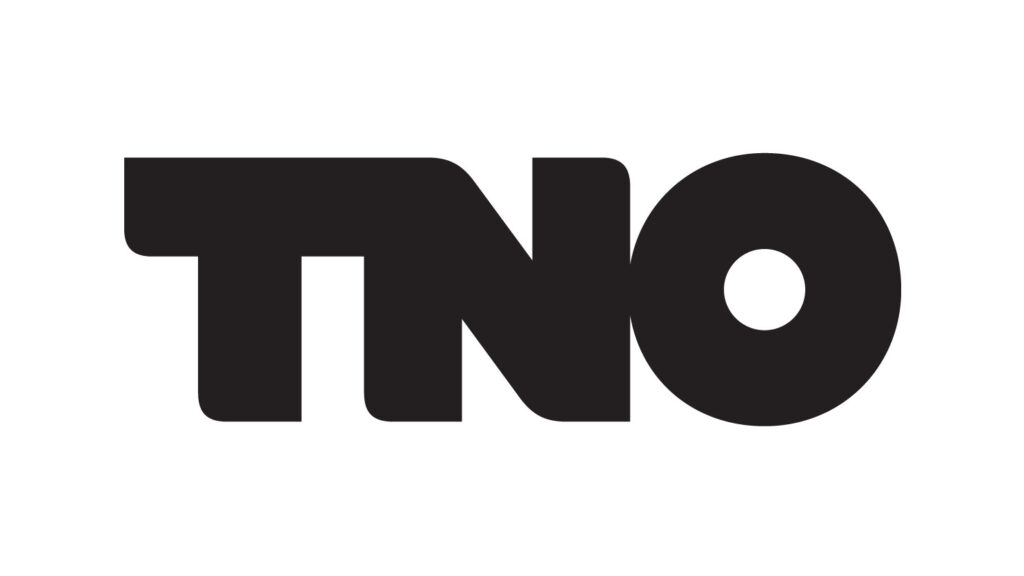FSSC Aldin Hilbrands

The Netherlands is taking major steps in the energy transition, with wind energy as an important pillar. How do we ensure that this transition is reliable and sustainable? TNO, the Netherlands Organisation for Applied Scientific Research, is the driving force in developing and testing technologies that contribute to a more sustainable society. Rogier Giepman, deputy research manager wind energy at TNO: ‘Sustainability is central to everything we do, from energy generation to construction and mobility.’
TNO is an independent research organisation that translates scientific knowledge into practical innovations. From healthcare to defence, from mobility to energy: the organisation works on technological progress in a wide range of sectors. Sustainability is not just a spearhead, but an integral part of the approach, Giepman explains. ‘We develop innovations that contribute to a sustainable, healthy and prosperous society.’
Within TNO, the Energy and Materials Transition unit is working on the future of renewable energy. The wind energy group is investigating how wind energy can best be deployed, integrated into broader energy systems and optimized for a long lifespan.
An important part of this is the testing of wind turbines. ‘Our group performs independent measurements in five areas: power, load, meteorological conditions, remote sensing verification and Floating LiDAR Systems’, Giepman explains. ‘For example, we test how turbines perform at different wind speeds and analyze the forces acting on them.’
A striking example is the Haliade-X, one of the largest offshore wind turbines in the world. ‘In the port of Rotterdam we tested this turbine for performance and loads. This included extensive measurements of the power, structural load and aerodynamic properties of the turbine under different wind conditions. The results helped to validate the technical specifications and optimize the operation of the turbine.’
In addition, TNO is working on research projects in which innovation and sustainability come together. ‘Such as in European projects in which we are working on even more robust and circular turbine blades. Even if it is not under accreditation, we apply the same quality standards. Working according to these guidelines is in our DNA.’
TNO works according to strict quality standards and carries out the measurements and analyses under accreditation by the Dutch Accreditation Council (RvA). An important added value, says Giepman. ‘TNO provides objective data with which manufacturers can optimize their products and have them certified.’
The wind energy group itself does not provide certifications. In order to guarantee independence, the party that certifies is never the same as the party that tests. The focus is therefore on delivering reliable and validated test results that contribute to innovation and quality assurance in the sector. Giepman: ‘Accreditation underlines that our test procedures are independent and reliable and meet the highest quality standards. TNO also participates in round-robins (profiency tests), in which measurement methods are compared with other test laboratories worldwide to guarantee the accuracy and consistency of the measurements. This gives manufacturers, investors and governments confidence in our data and the products that we test.’
In addition to performance and efficiency, TNO is looking at the ecological impact of wind energy. ‘We want to produce sustainable energy and do so in an environmentally friendly way,’ says Giepman. One of the challenges is the impact on birds. ‘We are investigating how we can reduce bird mortality, with smart radar systems that temporarily stop wind turbines when flocks approach. We are also testing the effect of black blades, which allow birds to better perceive the blades and fly around them.’
Underwater, other issues arise: wind turbines affect currents and underwater noise. That is why TNO is working with specialists on techniques such as bubble curtains, which dampen the noise during the piling of turbines and thus reduce the disturbance of marine animals.
TNO performs precise measurements in five core areas of wind energy. These measurements are essential to assess and further improve the performance, safety and reliability of wind turbines.
The energy transition also requires a huge scaling up of wind energy: in 2032, the Netherlands must generate four times as much wind energy as it does now, and in 2050 even fourteen times as much. Giepman: ‘That requires innovation, both in technology and in regulations. How can we better combine wind and solar energy? How do we use storage and conversion technologies such as batteries and hydrogen? And how do we extend the lifespan and circularity of wind turbines? This not only means extending the operational lifespan, but also developing materials that can be reused or recycled after use, so that components do not end up as waste but can be reused in new turbines or other applications.’
TNO continues to lead the way in these developments. Together with companies, governments and knowledge institutions, the organisation is working hard to accelerate sustainable energy solutions. ‘Whether it concerns new materials, smarter storage systems or ecological integration, our mission remains the same: to use science for a future-proof, sustainable society.’
Want to know more about TNO’s vision on sustainability? Visit tno.nl/duurzaam.
Rogier Giepman is the Deputy Research Manager Wind Energy at TNO. He holds a PhD in experimental aerodynamics from TU Delft and is the (co-)author of 28 scientific publications.
At TNO, Rogier, together with another manager, leads a group of 55 wind energy professionals. His expertise and leadership contribute to the advancement of wind energy projects and the implementation of innovative solutions within the sector.
